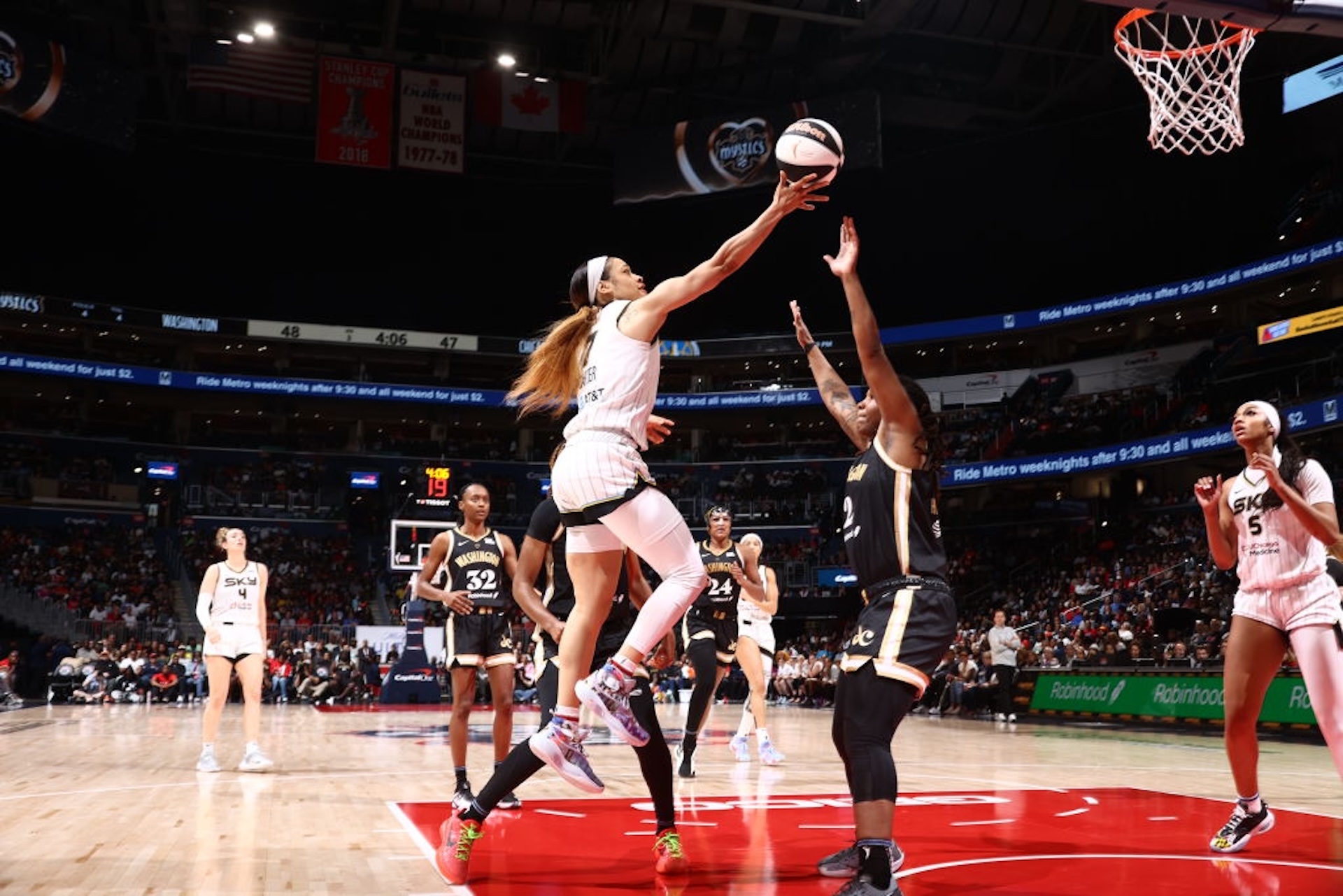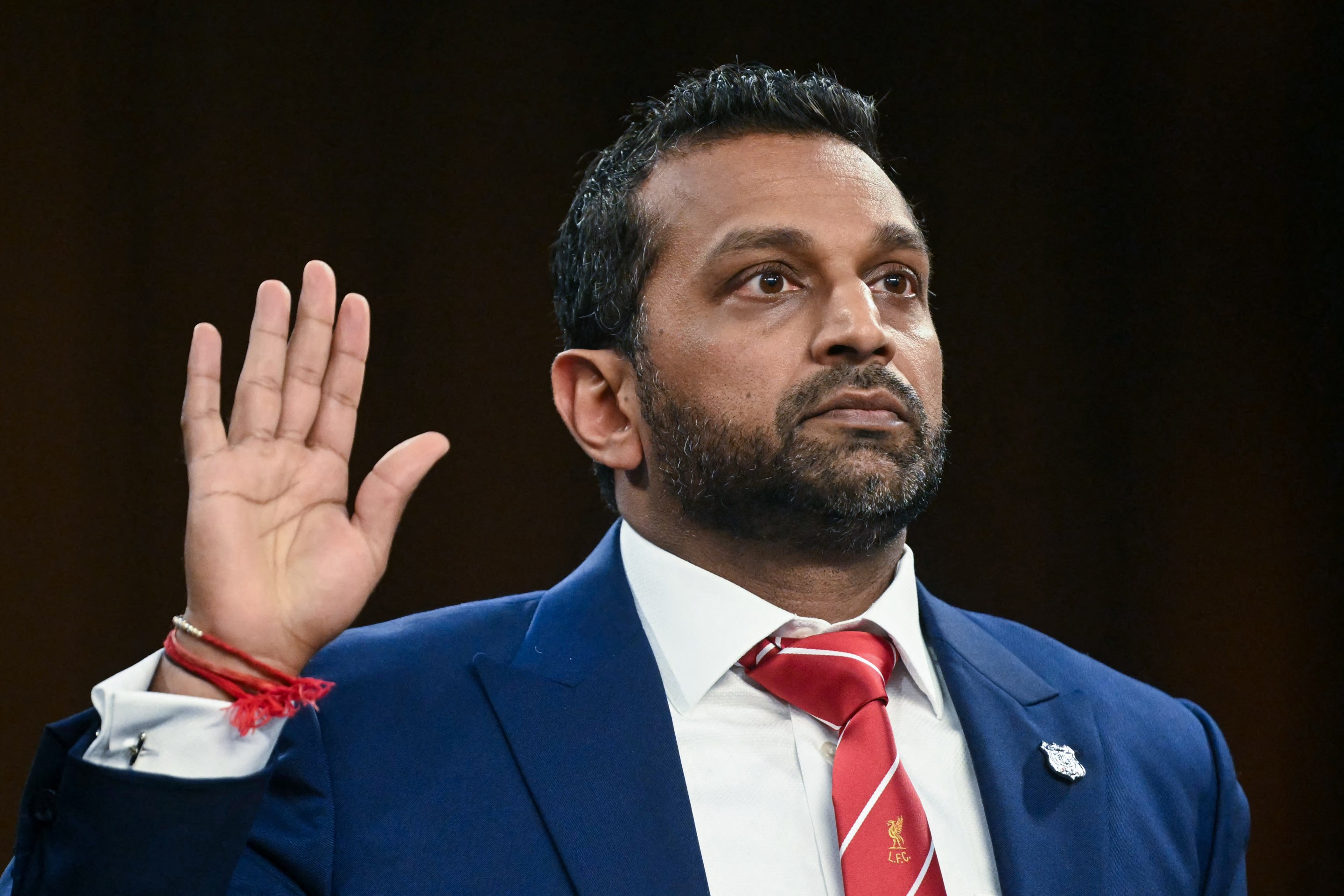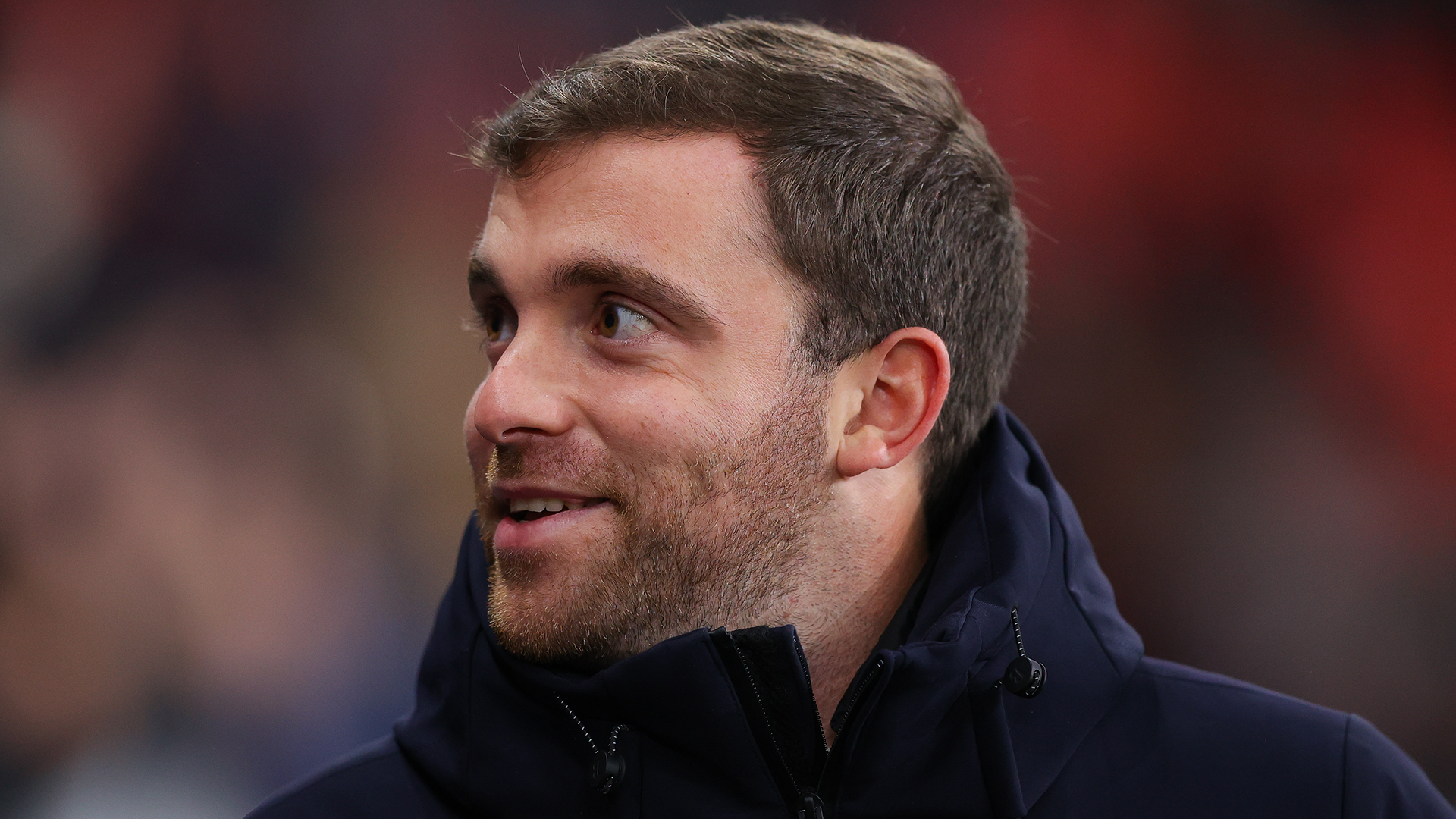In June, Chicago Sky guard Chennedy Carter became a household name and perhaps the WNBA’s biggest villain for hip-checking the Indiana Fever’s Caitlin Clark. What might have passed as a veteran with a chip on her shoulder giving a “welcome to the W” moment to a rookie under different circumstances instead became another front in the culture war. Such is the cost of taking a cheap shot at the league’s most famous rookie during a time in which a lot more people suddenly decided to start caring about the WNBA.
As with every superficial controversy, the bloviating about the W “targeting” Clark blew over in a couple days. The two teams played each other again on June 16 in another exciting, highly viewed contest that passed without incident. Carter’s name hasn’t made the national news cycle since the Clark skirmish, but while Pat McAfee and Stephen A. Smith moved on to shouting about other things, Carter started putting together a remarkably impressive campaign. Carter has been putting up historically efficient numbers for her position, and has become one of the most unguardable players in the WNBA. She’s proving the Sky right for taking a chance on her.
Since the June 1 game against the Fever, Carter’s minutes have increased from 16.8 to 28.0 per game. Her points per game have gone up from 10.8 to 19.3, and she’s shooting an outstanding 50.9 percent in that 17-game stretch. Carter, who began the season coming off the bench, moved into the starting lineup for the first time against Indiana on June 16. Since then, the Sky are 6-6. Before that they had won just four out of 12 games.
Overall in 24 games, Carter returns from the Olympic break averaging 17.2 points per game on 51.8 percent shooting. Per HerHoopStats.com, that is the highest shooting percentage ever by a player listed at under 5-foot-11 with at least 10 shots per game.
“This is a guard you’re looking at right here who can do anything,” Sky head coach Teresa Weatherspoon said following a recent Sky win. “She does whatever she wants to do out there and it’s hard to stop it. So I coach her hard because I want nothing but greatness from her every night. Write it, print it, do whatever you want to, that’s our star right there.”
From a schematic perspective, Carter and Weatherspoon are a match made in heaven. While Weatherspoon was recently working with the New Orleans Pelicans in the NBA, she hasn’t taken an NBA-style approach to her offense. The Sky aren’t a three-point shooting team. They rank last in the W in three-point rate and in percentage of points scored from three-point shots. They are not a ball movement team. They rank 11th of 12 clubs in assists per game. The Sky play a lot of one-on-one ball and get offensive rebounds like it’s 1999. Carter is not a three-point ace, only shooting 27.3 percent in her career. Where she thrives is in one-on-one situations, where she’s able to use her burst and strength to get to the rim, and the Sky’s offense is set up to let her do exactly that. At 5-foot-9, there might not be a better straight-line attacker in the league at her size.
“I have not seen a defender this season consistently keep Chennedy Carter in front of them. She can get by anyone,” women’s basketball legend Rebecca Lobo tweeted in July.
Carter has 124 shots in the restricted area, the seventh-most in the league and second among guards, only behind Olympian Kahleah Copper. Carter has made 71 percent of those close-range shots, second-best among players with 80 or more this season, behind superstar center Jonquel Jones and ahead of MVP big A’ja Wilson.
Carter scores 1.01 points per play, which is the same as superstar Breanna Stewart. She is carrying the Sky from that perspective, with the next best player being Angel Reese at 0.84 PPP (41st of 52 players with at least 25 minutes per game).
Carter not only went from being a bench scorer to the team’s best player in a matter of weeks. At 25 years old, she now looks like a foundational piece for the Sky to build around alongside Reese and Kamilla Cardoso. A player making an unexpected star turn is one thing, but Carter’s rise is particularly impressive given the fact that, less than a year ago, it seemed like her WNBA career was already over.
In 2020, Carter was drafted fourth overall by the Atlanta Dream after three straight seasons at Texas A&M in which she averaged 21 or more points per game. She was as quick and explosive with the basketball as any player who ever touched a professional floor. Comparisons to men’s players are generally frowned upon, but it was impossible not to see Allen Iverson, both in her game and the way she was saddled with concerns about dreaded “off-court” issues.
ESPN’s Michael Voepel wrote of Carter at the time: “Her creativity and fearlessness as an offensive player are at a very high level. Carter had some rocky moments at Texas A&M, but she can put that behind her and focus on maturing into the pro player she has the skills to be.”
In her first season, Carter was everything the Dream could have, well, dreamed. She was a lightning bolt with the ball, scoring 17.4 points per game on 47.3 percent shooting, third in the league among guards who took at least 10 shots per game. It appeared they had landed a franchise player.
The following season, Carter was off to a solid start through 11 games, and then suddenly was suspended indefinitely and did not appear in a game the rest of the season.
There was one report that she got into an altercation with teammate Courtney Williams over the veteran insisting that she cheer for teammates while on the bench. Williams said on Twitter that a fight did not happen. Those close to Carter say Williams was the aggressor.
The women’s basketball website The Next reported that there were concerns that Carter did not “encourage” teammates from the bench enough. Their coach at the time, Mike Peterson, told the media: “I’m going to count on our players being adults, and I’m going to count on our players to be ready to practice and be ready to play because they’re professionals.”
Teammates’ public messages were cryptic and seemed to support Williams. Part-owner Renee Montgomery’s own statements were just as vague, saying, “Building a winning culture means holding ourselves accountable.”
Any shred of common sense would tell you that there had to be more to the story for a team to give up on their top draft pick and an elite young scorer over a single disagreement. One person with knowledge of the situation said that Carter does things her way and isn’t always open to coaching.
“There were things they demanded Chennedy to do and she wasn’t going to do it,” the person said. “She was going to stand her ground ... she’s very headstrong. If she doesn’t think it’s right, she’s not going to do it.”
The Los Angeles Sparks traded for Carter the following offseason, hoping to take advantage of the Dream’s drama. But the situation in L.A. was just as bizarre and shrouded in secrecy.
The Sparks had collapsed after legend Candace Parker left in 2021, dropping from winning 68 percent of their games in the 2020 Wubble season to 38 percent of their games in ‘21. The hope was that Carter could fill some of the scoring gap for Derek Fisher. Instead, Fisher never played Carter. Despite shooting 53 percent from the field through 12 games before Fisher was fired, she averaged just 15.9 minutes per game.
When the Sparks changed coaches to Fred Williams, he played Carter anywhere from two to 28 minutes in games down the stretch, and benched her for a four-game stretch. When she was brought back, Williams told the media that they would “never know” what happened between them and that they reached a “compromise.”
“They didn’t give her a fair chance,” Carter’s mom told me. “She was the black sheep.”
“It’s very hard to talk about,” she said. “People who don’t know her story, they make up stuff to make up things to make it seem like they know.”
During a press conference toward the end of the season, Carter’s teammate Brittney Sykes got annoyed with questions about Carter and defended her.
“I’m very proud of [Chennedy Carter] and the adversity that she’s been through this season,” Sykes told reporters. “She’s a great player, so let’s just leave it at that. There is no secret. There is no nothing. That is between coach and [Chennedy].”
The following season, Carter played in Turkey and China rather than the WNBA. It looked like her career on U.S. soil might be over.
But prior to the 2024 season, the Sky traded star and 2021 Finals MVP Kahleah Copper to Phoenix. They decided to bring in Carter, thinking that she might click with new head coach and W legend Teresa Weatherspoon. From the start, the fiery Weatherspoon and much-maligned Carter connected.
“I wasn’t able to be me in a lot of places but coach Teresa lets me do that here,” Carter said during the team’s media day in May. “A lot of people don’t know who I am. A lot of people haven’t taken the time to get to know me … I’m thankful I’m here. To be somewhere where you’re wanted, you’re loved and they appreciate you. I’m thankful for this opportunity.”
“She’s coachable,” Weatherspoon said in a recent press conference. “That’s why you see what you see. I coach Chennedy hard. I coach her extremely hard. Because I can and she responds to it, because I’m not asking her to do something she can’t do."
The Weatherspoon-Carter connection has brought the return of one of the league’s most dynamic and breathtakingly quick backcourt players, but there are still questions to be answered down the stretch of the 2024 season.
Can Carter put Chicago’s offense, which ranks 10th in points per game, on her back and drag them into the playoffs? Coming out of the Olympic break they are 10-14 with a 3.0 game lead over the Dream. Chicago traded away one of their other scorers, Marina Mabrey, so their reliance on Carter will be even heavier than before.
The Sky are closer to being a rebuilding team than one competing for a title, but the presence of an unguardable, efficient scorer in the backcourt could greatly speed up that rebuilding process. It’s a long road from here to there, though, and Carter will need to prove that she can be counted on to anchor the Sky’s starting five well into the future. She has started paving the road to redemption; the next step begins over the final six weeks of this season.






